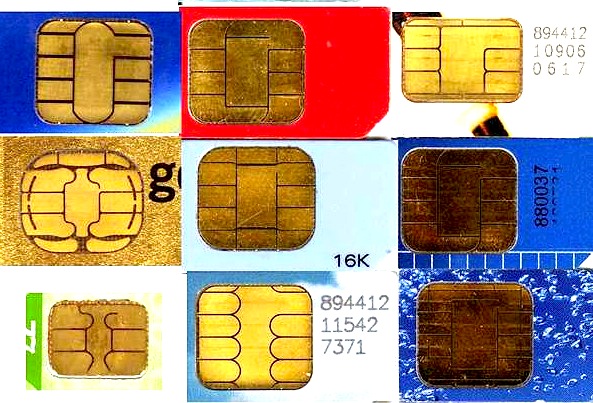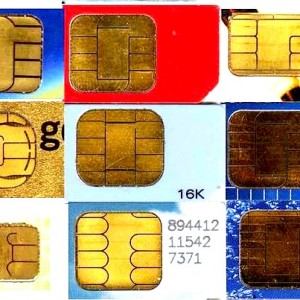
Not a lot of people might know it, but smart cards have revolutionized the way that we do things every day. Ever since they were introduced to the public, different industries found different uses for them – and these innovations would still continue as the world moves towards a more advanced and technology-oriented society.
What exactly are smart cards?
Smart cards are tiny, gold-plated cards that store machine-readable data. They are embedded with microprocessors that allow you to go through with transactions more smoothly. You may already have seen them in your sim cards, hotel key cards, credit cards, debit cards, and IDs. These are the most common uses of smart cards today.
What should we expect from smart cards next?
Although they have been around for a long time, smart cards still have the potential to change the way we do things today. We can expect different changes from different industries, but here are 5 of the most noteworthy things that we see coming:
1. Communication
Embedding smart cards in SIM cards is the most well-known use of the item ever since it was introduced. In fact, SIM cards comprise more than 50% of the annual consumer demand for smart cards.
Smart cards are responsible for storing your cellphone’s number and other details – such your other contacts and messages. During the previous years, you may have observed how smart cards kept pace with the evolution of cell phones into smartphones by being able to accommodate 3G or 4G networks from GSM and UTM networks. As the telecommunication industry continues to find ways to make communication easier and more convenient for its users, we can only expect smart cards to be flexible and ride the changes that comes along.
2. Sales Transactions
Today, it is evident that more people are choosing to pay for purchases with the use of credit cards and debit cards. Gone are the days when we bring huge wallets filled with cash. Smart cards are responsible for storing data linked to your bank accounts and keeping track of your transactions, so you can immediately see how much you have spent and how much is left in your account.
This is a much more cost-efficient and secure way of purchasing items. Not bringing money will put you at less risk of getting mugged and losing your money to pick pockets. If more people get their hands on debit and credit cards issued by banks, we may just enter a new age of currencies – electronic money.
3. Merchant Loyalty Cards
Giving rewards and incentives to loyal customers is a great marketing gig for any business, but keeping track of these is a huge problem. So, to address this, some merchants issue loyalty cards with smart cards to record every transaction of a certain customer in their store. They will convert these transactions into points, which then translates into different rewards.
Soon enough, they may be able to develop smart cards strong enough to record every detail of your transaction and store electronic receipts. We would finally be free from worrying about lost or torn receipts that we need to keep.
4. Healthcare Information Storage
Keeping track of a person’s health care record is a challenge that the medical industry is still facing today. A patient can hop from one hospital to another over the years and it would take so much time to retrieve all of the necessary information that these hospitals have when the need arises.
Thankfully, medical providers have started issuing membership cards with smart card chips to record a patient’s medical history and transactions. In times of emergency situations, the doctors and nurses can immediately check your medical background and would know how to proceed with your treatment properly.
5. Access to Buildings
Smart cards can also be used as security key cards. It stores information that will grant you access to buildings or rooms. Hotels and some offices already use this one to open their doors. But, we can expect better technology to stem down from these electronic locks.
Smart cards can use the same information stored in your keycard to grant the card holder access to electricity, computers, water supply, etc. This way, hotels and offices can ensure that only those who are authorized to use their resources are capable of using them. This would help them cut costs in electricity and water bills, and will allow them to deploy their security teams in doing something else that is more productive.
The Takeaway
The world may not have perfected this piece of technology yet, but it is not impossible to do so. Experts are still working and finding more ways to maximize the potential of smart cards. They have already changed the world, and they just might be the key to giving future generations a more secure and convenient life.

